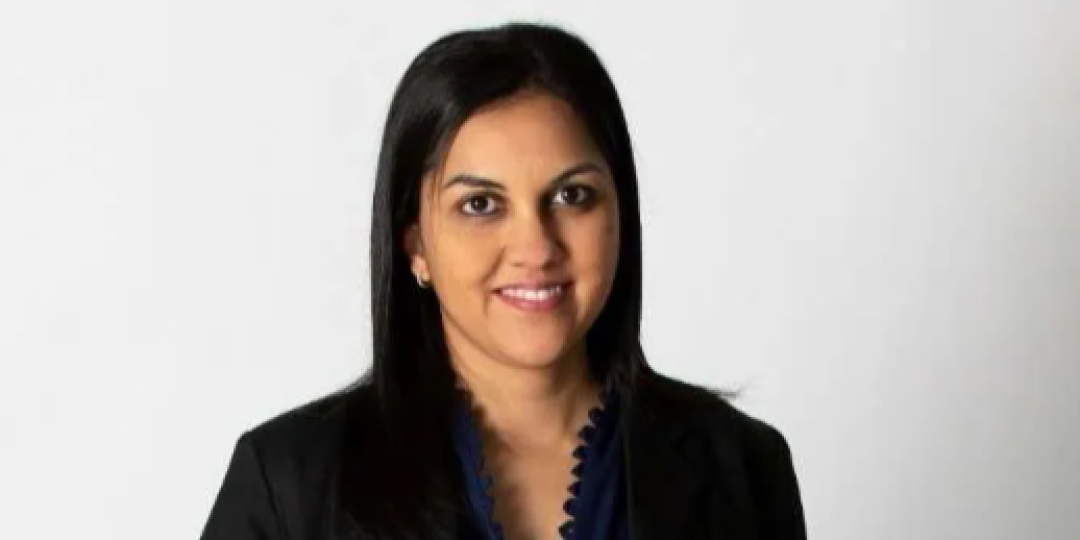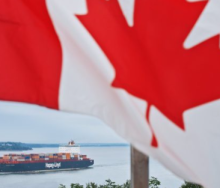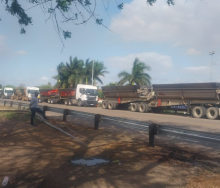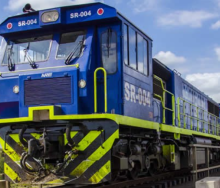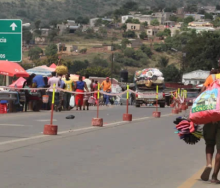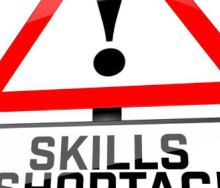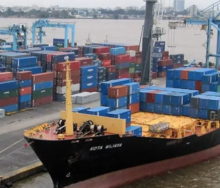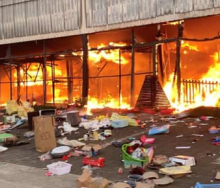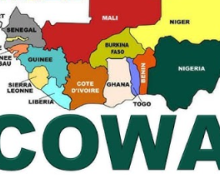Logistics entrepreneur Tshepo Mekoa is not alone in stating that there is insufficient support for small, medium, and micro enterprises (SMMEs), a view he stressed at last week’s Sapics Spring Summit in Johannesburg.
Economic setbacks almost sank the relatively small transport company he founded in 2005, but he managed to keep Brima Logistics going through some private-sector support (*).
The question is, as the industry evolves away from fossil fuels towards net-zero efficiencies, how are SMME operators like Mekoa supposed to keep pace with the costlier requirements of decarbonisation?
Esha Mansingh, head of sub-Saharan corporate affairs and sustainability at DP World, believes that’s where financial institutions, governments and large multinationals come in.
“We all have a responsibility to not just support the growth of SMMEs on the continent but also to assist them in their own decarbonisation journeys, especially in the various supply chains they serve.”
She said although a lot was being done at the stakeholder level to get private- and public-sector concerns “to look at what they can do collectively in terms of the various components of decarbonisations”, there was always scope for improvement.
This was particularly relevant when talking about skills and the continent, especially in view of SMME interests, Mansingh explained.
“We need to see how we can position our country for a just transition, and we need to understand that we won’t be able to convert away from carbonised operations in the shortest possible time. That’s not going to happen in Africa.
“We have to go through everything with a just, fair and equitable lens in mind and make sure that our people in Africa are upskilled correctly to play a meaningful role in the decarbonisation journey.”
But that will require funding and, more importantly, removing the red tape stumbling blocks that SMME hauliers face in upscaling intercontinental transport fleets that, for the most part, consist of diesel-guzzling trucks.
Abdoul Salam Bello, managing director of Africa Group II at the World Bank, told an African Climate Action Roundtable in May, that the bank had made $36.8 billion available for climate change funding in 2023.
And although regarded as “inadequate funding”, the biggest issue was access to funding, especially by SMMEs.
Said Mansingh: “We have ambitious targets to meet but there are two limitations on the continent: first is the need to ascertain what is available in an African context in terms of infrastructure and alternative fuels.
“Secondly, is it feasible? Can our governments and businesses, all the way down to SMME level, afford these developments?”
She said the financial services sector had a big role to play.
“They need to come closer to aligning themselves with what is planned for various countries in Africa.”
From the various high-level discussions that were held across the globe to further decarbonisation efforts, especially at the annual COP Conferences, there was one thing that always stood out, said Mansingh.
“African countries are willing and eager to play their part in climate change but they need financial support.”
* Read this: "Government is failing SMMEs – logistics entrepreneur."
